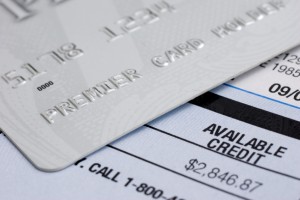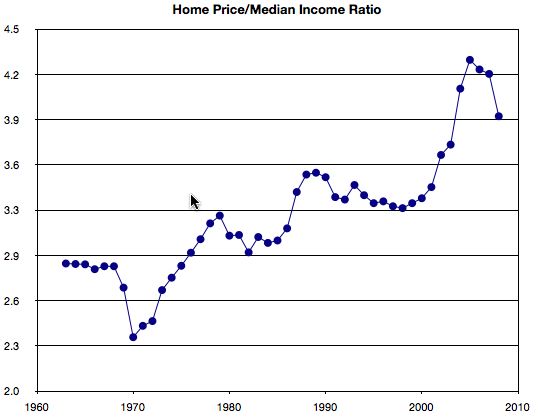It’s clear that for all of the money spent by the U.S. Government in trying to revitalize the U.S. economy (and hopefully by extension, the world economy) not much has actually been accomplished. We seem to be throwing money at anyone who will take it, but nothing good really seems to be happening from it. Why? What’s really going on? Shouldn’t the economy be pulling out of it’s funk by now… after trillions of dollars have been injected into the markets, banks and taxpayers wallets? Why after all of this do things seem to continue to get worse?
If the answer was simple there wouldn’t be much to talk about here. In fact, the answer is not simple. This financial crisis has been years in the making and won’t be easily fixed – but does that mean that any form of government intervention just won’t do any good at all?
Not necessarily.
Unfortunately we don’t have much historical data to back up sweeping government interventions. Programs such as TARP and the Economic Stimulus Package recently signed into law by President Obama are taking us into relatively uncharted territories. Will they work? No one can say for sure. We’ll know in a few years I’m sure, but until then your guess is as good as mine.
Now let’s move on to the meat and potatoes.
Joseph E. Stiglitz, a professor at Columbia University and chief economist at the World Bank, recently proposed a different method of approaching the whole bank bailout. Instead of buying assets that were difficult to value why not nationalize the banks that are struggling thus putting their interests more in line with that of the U.S.
Now I’ll admit to someone who is a big free market advocate this plan sounds like taking several large steps backwards. However to be fair, let’s look at the facts that Professor Stiglitz pointed out.
Paulson’s plan to buy bad assets from the banks in large bundles was no different than the original plan to buy bad assets from banks on a one-to-one basis. The fundamental problem still existed, namely, how do we value these assets? In Prof. Stiglitz’ opinion if we valued them at their true value the banks would be bankrupt. This of course would hurt our economy very much.
His other point is “there is a notion that by moving the assets around, putting the bad assets in an aggregator bank run by the government, things will get better.” He points out that over the past 25 years throughout several (obviously much smaller) bailouts the private industry has never proven to be responsible in assessing financial risk before lending. How do we know, then, that they won’t begin to make bad loans once again – or just as bad, how do we know that they’ll even start lending again? We are after all in a recession, and during a recession “risks are high” and there’s no guarantee that the banks will be willing to part with their cash reserves by lending.
So what’s the alternative?
Sweden (and several other countries) have shown that there is an alternative — the government takes over those banks that cannot assemble enough capital through private sources to survive without government assistance… Of course, most of the employees will remain, and even much of the management. What then is the difference? The difference is that now, the incentives of the banks can be aligned better with those of the country. And it is in the national interest that prudent lending be restarted.
He goes on to say that we are in uncharted waters. If nothing else has worked yet, we should begin to consider the alternative, namely, nationalization. It’s a scary word for many, but could it be just what we need to finally bring some stability to the financial sector?


 You likely know the difference between using your credit card or your debit card, but do you know when it’s more appropriate to use your credit card rather than your debit card, or vice versa?
You likely know the difference between using your credit card or your debit card, but do you know when it’s more appropriate to use your credit card rather than your debit card, or vice versa?
